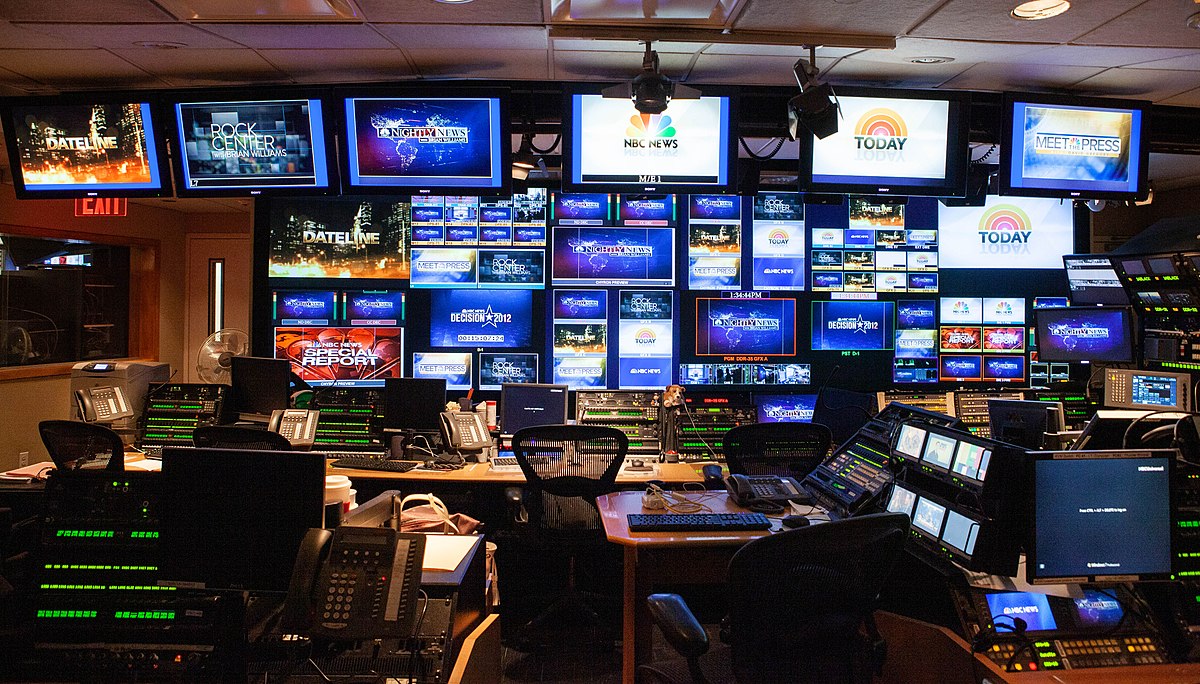A potential dark future for journalism across the globe

The NBC control room for television news.
Jonah Carlson - Just over a year ago, Evan Gershkovich, a reporter with the Wall Street Journal working in Russia, was detained by the Russian government and accused of spying for the United States. Since then, he has remained a prisoner of the Russian government. He is not the only journalist to suffer such a fate. Since the turn of the 2020s, the number of reporters imprisoned by governments across the globe has significantly increased. Matthew Dalton and Jack Gillum discuss the worrisome statistics in a recent article with the Wall Street Journal.
The authors echo statistics unveiled by Reporters Without Borders, a watch group. Perhaps most concerning is that more than 520 reporters are currently imprisoned by governments across the world, the result of tightening press rights in both authoritarian and other regimes. Controlling the press is one method by which a government can impose its ideological power – the ability to control the landscape of what is acceptable behavior. Media sources, whether they be traditional or more novel, are key to shaping the ways in which citizens engage with ideas, politics, and their governments. Authoritarian states are very aware of this, and thus attempt to alter the marketplace of ideas in their favor by undermining opportunities to express discontent and dissent. Through Evan Gershkovich and a slew of other journalists, Russia has become a primary example of this behavior. Yet it is far from the only example. Numerous other authoritarian states, such as Saudi Arabia, China, and Belarus have similarly detained journalists. Nor is it exclusively a phenomenon of authoritarian states: Israel, a parliamentary democracy, was noted by the authors as having arrested the most journalists of any state in 2023, most of them after the attacks conducted on October 7th.
The data sets a depressing tone in 2024. Journalists are key nodes in the system of information flows, playing a central role in transforming raw data to actionable and compelling stories on the other side. Without them, access to concrete information – especially about the politics of authoritarian states and conflict zones – becomes less reliable and harder to come by. The power of journalists is just one method by which ideological power can be wielded in some regard by the people themselves, rather than governments. The attacks against journalism in the last year threaten the ability of everyday people to acknowledge, develop, and display new and dissenting ideas.
Photo source. Anthony Quintano from Westminster, United States, CC BY 2.0, via Wikimedia Commons.

